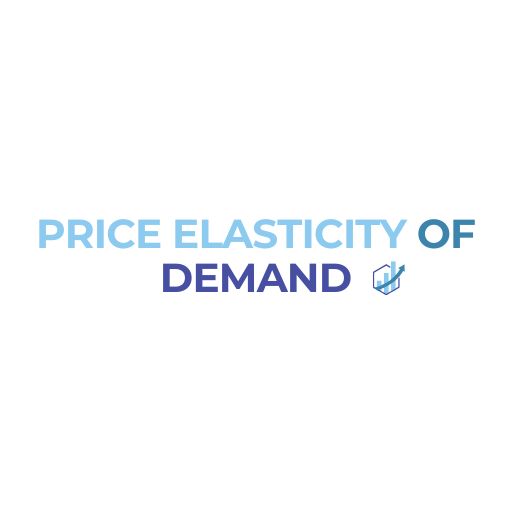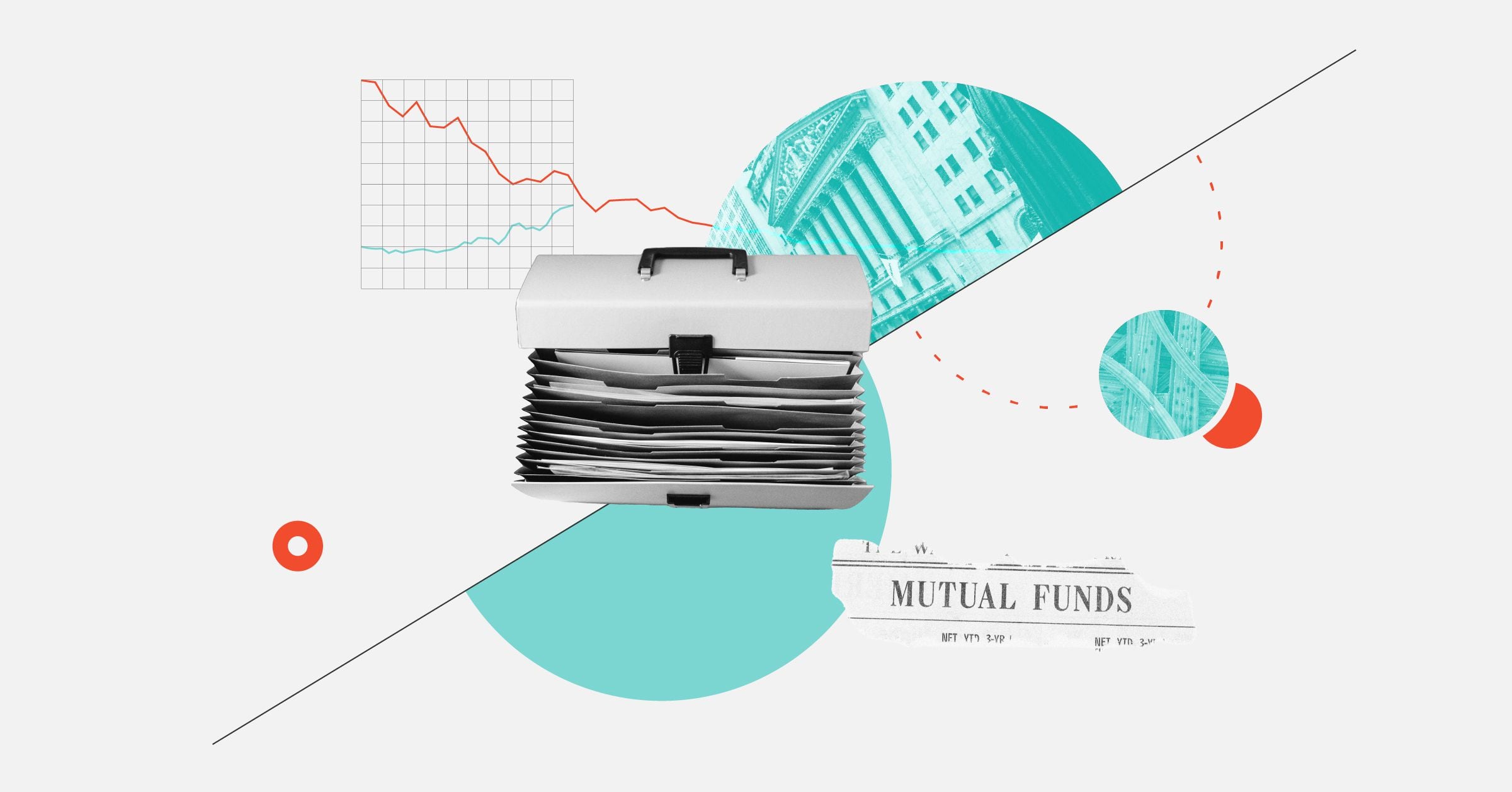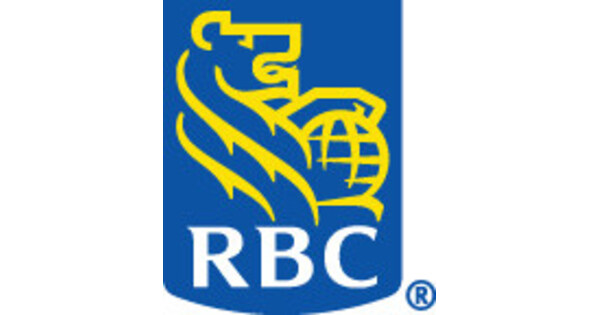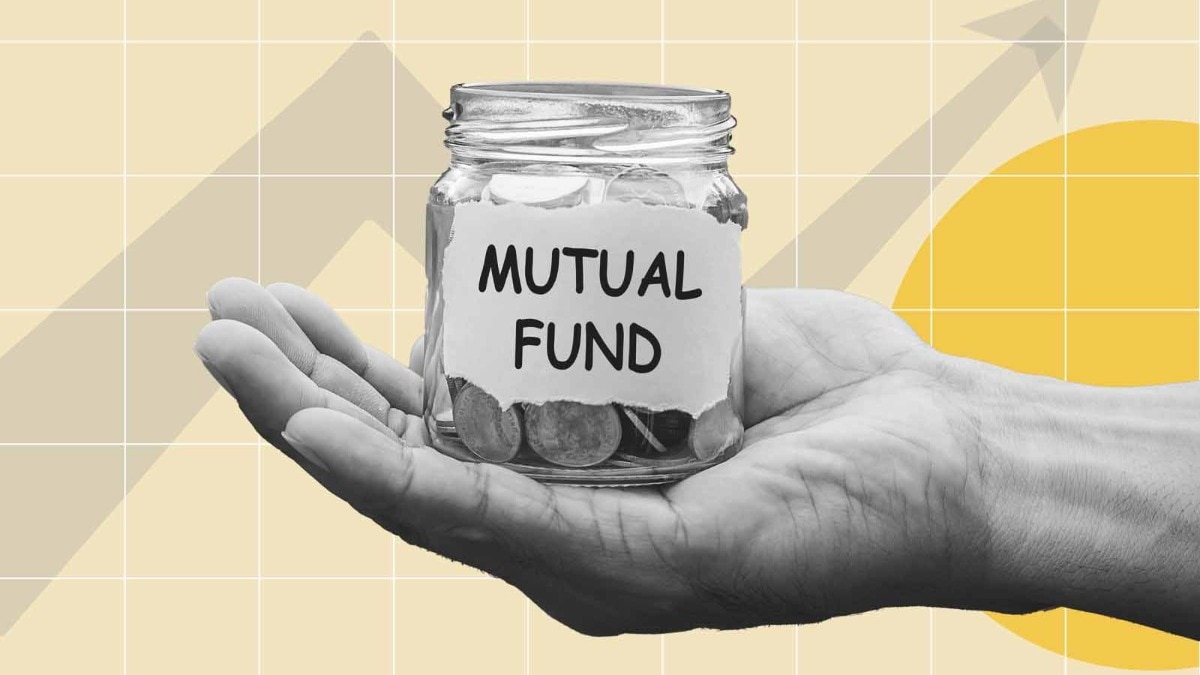US equities posted another year of strong returns in 2024, while bonds and international equities had more modest gains. Fund investors poured money into the large-blend Morningstar Category—mostly through passively managed funds—but not all categories saw inflows. That’s useful information for those willing to go against the grain.
For more than 30 years, Morningstar has published its Buy the Unloved study, which looks at the Morningstar Categories that suffered the most outflows in the previous year, or the unloved, while avoiding the groups that received the highest inflows, or the loved. Looking among out-of-favor categories has been a decent approach because groups seeing outflows are also often areas that are poised for resurgence.
There are two versions of Buy the Unloved. The original iteration recommends investing equal sums in the three equity categories with the most outflows from the previous calendar year, holding them for three years, and then repeating the process. This version excludes categories where flows are less useful indicators of investor sentiment, such as the target-date, trading, and leveraged categories.
The results have been quite impressive.
Launched in 2018, version two expands the universe of eligible categories to the bond and allocation groups. It averages the rankings of each group’s flows in absolute dollar and percentage change terms to capture smaller categories whose total cash flows would rarely crack the top or bottom three.
Version two has a fairly short but decent record.
This year, rather than just looking at flows, we wanted to factor valuation into this study. To measure valuation for each category, we took the Morningstar index for each category and calculated the market-weighted price/fair value of its constituents, using Morningstar analysts’ estimates when available. Unfortunately, this limited the universe to only equity categories for version two, as we only have price/fair value ratings for stocks.
Version One
Based on open-end and exchange-traded fund net flows through November 2024, version one’s most unloved equity categories included a variety of growth categories—many of which were overvalued. On the other end of the spectrum, large blend, foreign large blend, and technology were the three most loved categories in 2024. Here are some specific unloved ideas for the categories that were undervalued.
Foreign Large Growth
Goldman Sachs GQG Partners International Opportunities GSIHX is one of the best options in the foreign large-growth category. Manager Rajiv Jain has built an excellent record on this strategy since it was launched in December 2016. Jain’s extreme flexibility has been a key to the strategy’s success, as he is willing to quickly change the portfolio’s sector and Morningstar Style Box positioning. For example, over the course of 2021 and 2022, he raised the portfolio’s energy stake to nearly 25% of assets at year-end 2022 from just 2% in March 2021, while taking the portfolio’s technology weighting in the opposite direction. These drastic shifts helped the fund, which has a Morningstar Medalist Rating of Silver, place in the top decile of its category in both 2022’s market drawdown and 2023’s recovery.
For passive investors, Gold-rated iShares MSCI EAFE Growth ETF EFG is an attractive option. The fund tracks the MSCI EAFE Growth Index, effectively capturing most of the foreign large-growth opportunity set while charging a low fee.
Foreign Large Value
Gold-rated Oakmark International OAKIX is coming off a brutal 2024, but it remains a great option. Renowned investor David Herro has led this strategy since its 1992 inception. While Herro is in the latter half of his career, the firm has done a solid job building a bridge to the next generation. Together, the team employs a contrarian, disciplined approach rooted in bottom-up research. The team’s commitment to the contrarian approach is admirable, but it can be a bumpy ride, underscoring the need for risk tolerance and patience.
Schwab International Dividend Equity ETF’s SCHY high-yield portfolio of profitable and stable companies makes it a great option for passive investors. The Silver-rated fund tracks the Dow Jones International Dividend 100 Index, a subset of the Dow Jones Global ex-US Large-Cap and Dow Jones Global ex-US Mid-Cap indexes.
Version Two
The most unloved categories under the version two approach were global allocation, mid-cap growth, and health. However, the below list of unloved categories factors in valuation, limiting the list to only equity categories. Here are some unloved options for categories that were undervalued.
Equity Energy
Silver-rated Vanguard Energy VGENX is a strong source of energy and utilities exposure in one package. Previously just an energy fund, Vanguard added utilities to the strategy’s focus in late 2020 to try to capitalize on the evolution away from fossil fuels and toward renewable energy sources; as of November 2024, roughly 55% of the portfolio was in energy names, while the remainder was in utilities. Manager Tom Levering, of subadvisor Wellington Management, has excellent credentials and plenty of resources at his disposal. He has earned strong total and risk-adjusted results over the nearly four-year period since this strategy became an energy/utilities hybrid. Its low fees also help.
Communications
Despite an upcoming manager change, T. Rowe Price Communications and Technology PRMTX is a solid option in this category. Manager Jim Stillwagon has run this fund since 2019, but he will be handing the reins to Daniel Shear in March 2025, and Stillwagon will join the management team on T. Rowe Price Growth Stock PRGFX. This strategy’s horizons stretch beyond companies siloed in the communications sector, which gives it greater flexibility than competing offerings. The portfolio usually keeps about 40% of assets in the communications sector, with consumer and technology stocks taking up most of the remainder.
Conclusion
Buy the Unloved can be a useful way to surface profitable contrarian ideas, but it’s better as a complement rather than a core component of a diversified portfolio. As seen in many of the unloved categories above, outflows do not always correlate with low valuations, but they can point toward beaten-down or unpopular market segments that may be due for an eventual rebound.











Leave a Reply